- State Board
-
12th Standard
-

Biology
-

Computer Applications
-

Computer Science
-
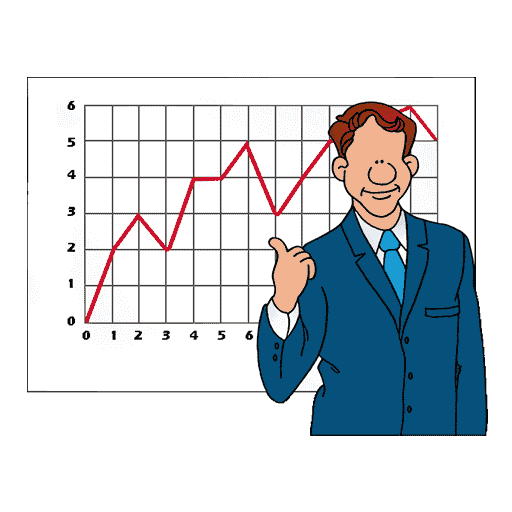
Business Maths and Statistics
-

Commerce
-

Economics
-

Maths
-

Chemistry
-

Physics
-

Computer Technology
-

History
-

Accountancy
-

Tamil
-

Maths
-

Chemistry
-

Physics
-

Biology
-

Computer Science
-

Business Maths and Statistics
-

Economics
-

Commerce
-

Accountancy
-

History
-

Computer Applications
-

Computer Technology
-

English
12th Standard stateboard question papers & Study material
தமிழ் Subjects
English Subjects
-
-
11th Standard
-

Maths
-

Biology
-
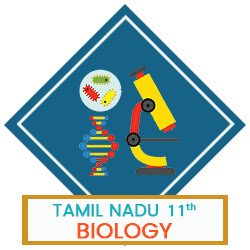
உயிரியல் - தாவரவியல்
-

Economics
-

Physics
-

Chemistry
-

History
-

Business Maths and Statistics
-
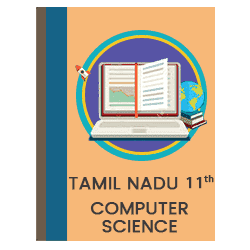
Computer Science
-

Accountancy
-

Commerce
-

Computer Applications
-

Computer Technology
-

Tamil
-

Maths
-

Commerce
-

Economics
-

Biology
-

Business Maths and Statistics
-

Accountancy
-

Computer Science
-

Physics
-

Chemistry
-

Computer Applications
-

History
-

Computer Technology
-

Tamil
-

English
11th Standard stateboard question papers & Study material
தமிழ் Subjects
English Subjects
-
-
9th Standard
-

-

-

-

-

-

-

Maths
-

Science
-

Social Science
-

Maths
-

Science
-

Social Science
9th Standard stateboard question papers & Study material
தமிழ் Subjects
English Subjects
-
-
6th Standard
-

Maths
-

Science
-

Social Science
-

Maths
-

Science
-

Social Science
6th Standard stateboard question papers & Study material
தமிழ் Subjects
English Subjects
-
-
10th Standard
-

Maths
-

Science
-

Social Science
-

Tamil
-

Maths
-

Science
-

Social Science
-

English
-

English
10th Standard stateboard question papers & Study material
தமிழ் Subjects
English Subjects
-
-
7th Standard
-

Maths
-

Science
-

Maths
-

Science
-

Social Science
7th Standard stateboard question papers & Study material
தமிழ் Subjects
English Subjects
-
-
8th Standard
-

கணிதம் - old
-

Science
-

Social Science
-

கணிதம்
-

Maths
-

Science
-

Social Science
8th Standard stateboard question papers & Study material
தமிழ் Subjects
English Subjects
-
-
12th Standard
- CBSE Board
-
12th Standard CBSE
-

Biology
-

Physics
-

Chemistry
-

Maths
-

Accountancy
-
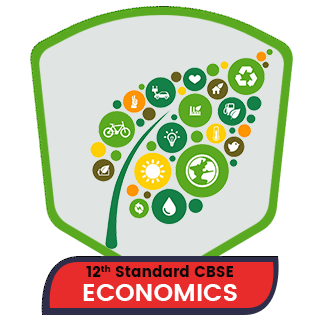
Introductory Micro and Macroeconomics
-

Business Studies
-

Economics
-

Computer Science
-

Geography
-

English
-

History
-
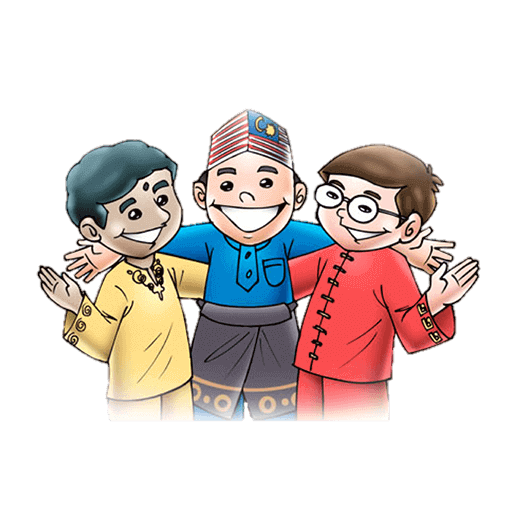
Indian Society
-

Physical Education
-

Sociology
-

Tamil
-

Bio Technology
-
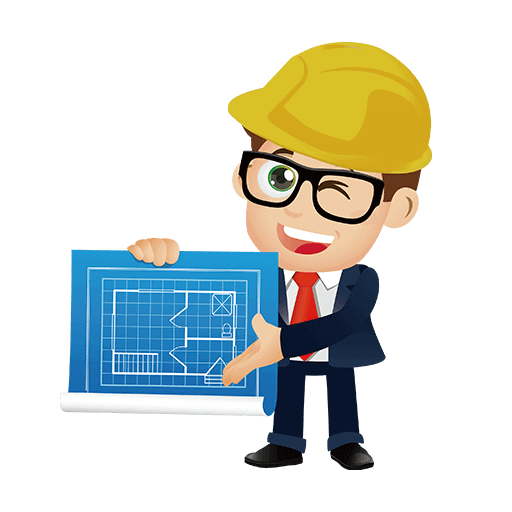
Engineering Graphics
-

Entrepreneurship
-

Hindi Core
-

Hindi Elective
-
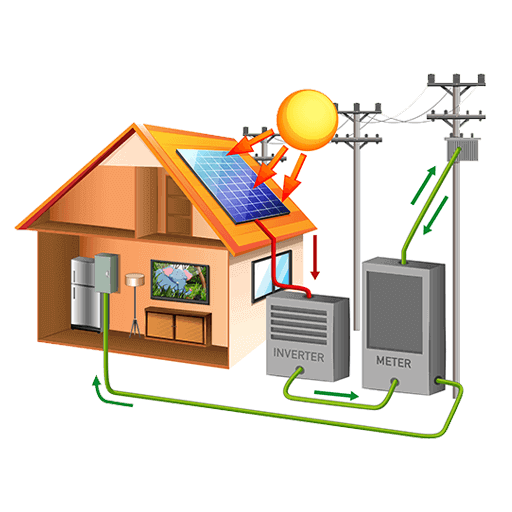
Home Science
-
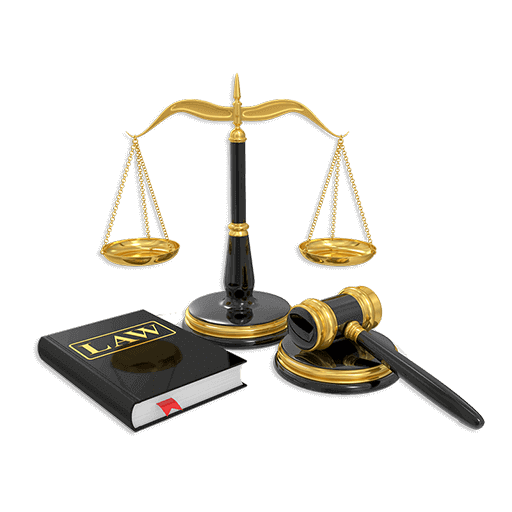
Legal Studies
-

Political Science
-
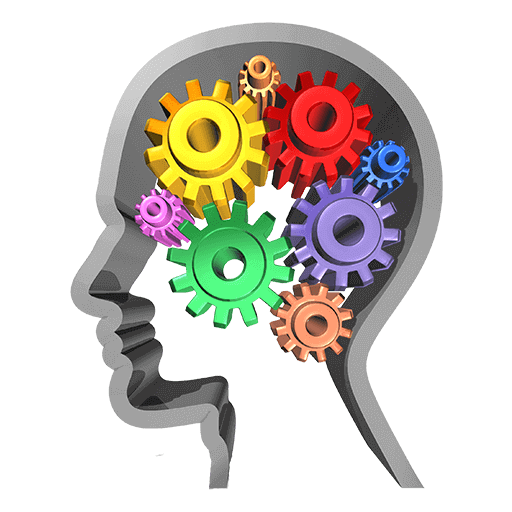
Psychology
12th Standard CBSE Subject Question Paper & Study Material
-
-
11th Standard CBSE
-

Mathematics
-

Chemistry
-

Biology
-

Physics
-

Business Studies
-

Accountancy
-

Economics
-

Computer Science
-

Bio Technology
-

English
-

Enterprenership
-

Geography
-

Hindi
-

History
-

Home Science
-

Physical Education
-

Political Science
-

Psychology
-

Sociology
-

Applied Mathematics
11th Standard CBSE Subject Question Paper & Study Material
-
- 10th Standard CBSE
-
9th Standard CBSE
-

Mathematics
-
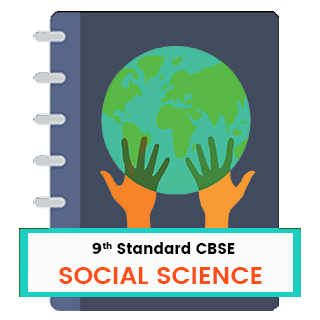
Social Science
-

Science
-

English
-

Hindi
9th Standard CBSE Subject Question Paper & Study Material
-
-
8th Standard CBSE
-

Science
-

Social Science
-

Mathematics
-

English
8th Standard CBSE Subject Question Paper & Study Material
-
-
7th Standard CBSE
-

Mathematics
-

Science
-

Social Science
-

English
7th Standard CBSE Subject Question Paper & Study Material
-
-
6th Standard CBSE
-

Mathematics
-

Science
-

Social Science
-

English
6th Standard CBSE Subject Question Paper & Study Material
-
-
12th Standard CBSE
- Free Online Test
- News
- Study Materials
-
Students
-
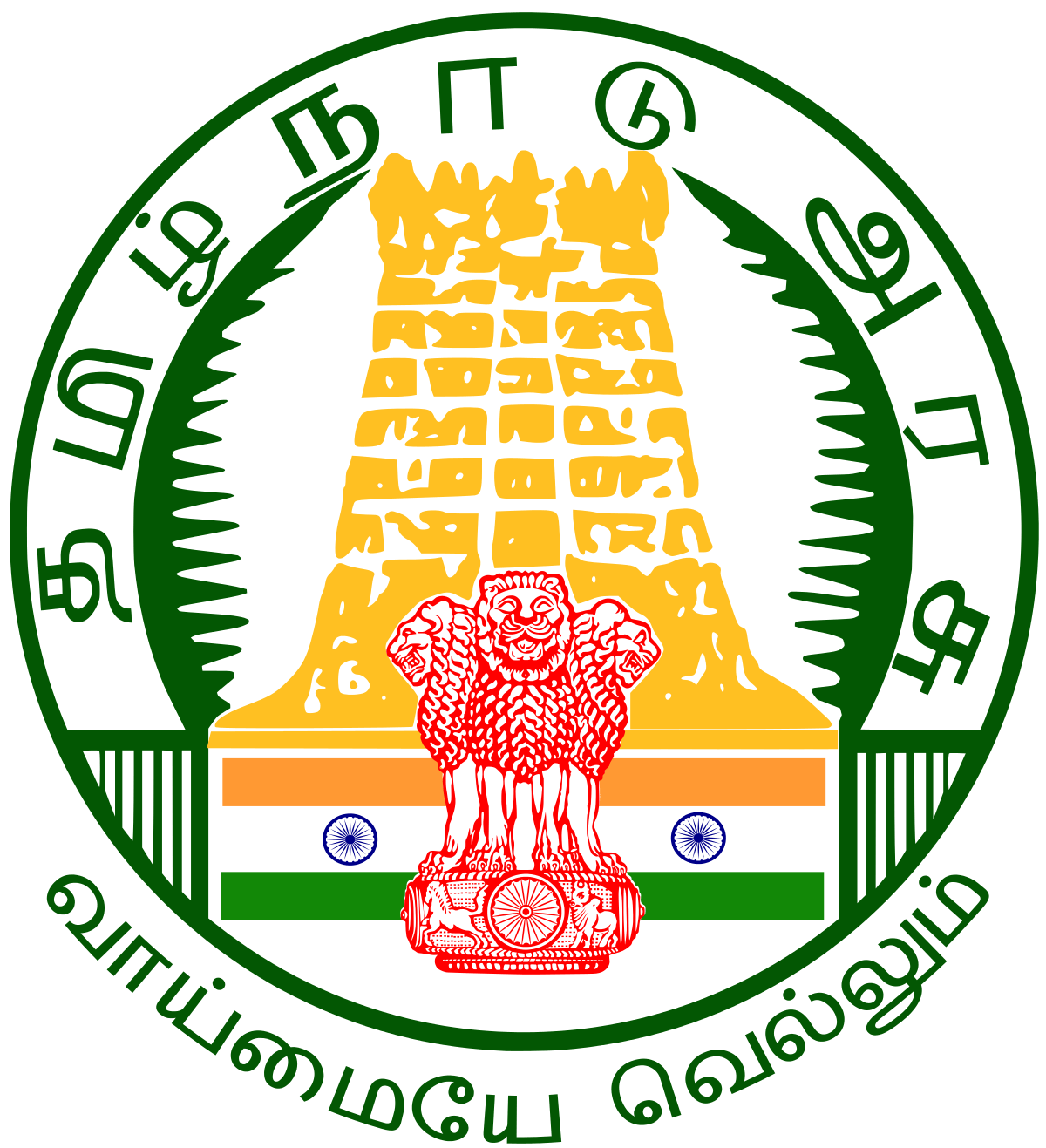
Stateboard Tamil Nadu
-

CBSE Board
-

Free Online Tests
-

Educational News
-

Scholarships
-

Entrance Exams India
-

Video Materials
Study Materials , News and Scholarships
-
-
Students

10th Standard Social Science Important Question All Chapters-I- 2020 Question Bank Software Feb-06 , 2020
10th Standard Social Science Important Question All Chapters-I- 2020
Important Questions Part-IX
10th Standard
-
Reg.No. :
Social Science
Time :
01:00:00 Hrs
Total Marks :
60
-
Which country was expelled from the League of Nations for attacking Finland?
(a)Germany
(b)Russia
(c)Italy
(d)France
-
The biggest outcome of the I world war was the___________
(a)Green Revolution
(b)French Revolution
(c)Russian Revolution
(d)American Revolution
-
In the eastern front, Russian troops repeatedly defeated the _____________
(a)French
(b)Indians
(c)Austrians
(d)Germans
-
In 1861, Tsar__________ abolished serfdom and emancipated the serfs
(a)Fredrick
(b)Peter
(c)Alexander II
(d)Nicholas
-
Which quickened the process of liberation in South America?
(a)Support of US
(b)Napoleonic Invasion
(c)Simon Boliver’s involvement
(d)French Revolution
-
The___________ powers were gravely weakened by the war, financially and politically.
(a)British
(b)European
(c)African
(d)Australian
-
Devaluation led to a world-wide credit______________
(a)expansion
(b)upheaval
(c)growth
(d)contraction
-
Between 1871 and 1914,________ had risen to dizzy heights of economic, political and cultural accomplishments.
(a)India
(b)Germany
(c)Italy
(d)Britain
-
When did the Japanese formally sign of their surrender?
(a)2 September, 1945
(b)2 October, 1945
(c)15 August, 1945
(d)12 October, 1945
-
_________ was not interested in playing global role or any role in European Politics.
(a)Britain
(b)The United States
(c)France
(d)Spain
-
In 1939, Hitler invaded ____________
(a)Austria
(b)France
(c)India
(d)Czechoslovakia
-
_____________ mainly functions with private enterprises in developing countries.
(a)IDA
(b)IBRD
(c)IFC
(d)ILO
-
Despite it's in competence and weakness, the _____ government lasted until two years before the I World War.
(a)British
(b)Japanese
(c)Ottoman
(d)Manchu
-
Dr. Sun Yat Sen founded the political party named __________ in Tokyo.
(a)Republican
(b)Democratic
(c)Kuomintang
(d)Conservative
-
The emergence of ___________ as a united and independent nation was a historic event.
(a)Japan
(b)Italy
(c)China
(d)Vietnam
-
Whose campaign and work led to the enactment of Widow Remarriage Reform Act of 1856?
(a)Iswar Chandra Vidyasagar
(b)Raja Ram Mohan Roy
(c)Annie Besant
(d)Jyotiba Phule
-
The reform movement similar to Brahmo Samaj founded in Bombay in 1876 was _____________
(a)Arya Samaj
(b)Prarthana Samaj
(c)Deoband movement
(d)Aligarh movement
-
______________ was a revivalist movement organised by the orthodox Muslim Ulama.
(a)Aligarh movement
(b)Satyashodhak Samaj
(c)Arya Samaj
(d)Deoband movement
-
_____________ , socio-political activist was also a siddha medicine practitioner.
(a)Vaikunda Swami
(b)Iyothee Thassar
(c)Ramalinga Adigal
(d)John Rathinam
-
A landmass bounded by sea on three sides is referred to as _________.
(a)Coast
(b)Island
(c)Peninsula
(d)Strait
-
Earth rotates from ___________ to ___________
(a)South to north
(b)East to west
(c)West to east
(d)North to south
-
The highest point in Trans Himalayas is _______.
(a)Mt. Godwin Austen (K2)
(b)Kanchenjunga
(c)Anai Mudi
(d)Mahendra Giri
-
Dihang is a gorge in __________
(a)Assam
(b)Meghalaya
(c)Nagaland
(d)Arunachal Pradesh
-
_________ is not a part of the world network biosphere reserves of UNESCO.
(a)Nilgiri
(b)Agasthiyamalai
(c)Great Nicobar
(d)Kachchh
-
The state which leads in the production of coffee is ______________.
(a)West Bengal
(b)Karnataka
(c)Odisha
(d)Punjab
-
Watering of plants through artificial means _____________.
(a)Soil erosion
(b)Soil conservation
(c)Irrigation
(d)None of these
-
The most abundant source of energy is ____________.
(a)Bio mass
(b)Sun
(c)Coal
(d)Oil
-
The first cotton textile mill was established at Gloster, near_________in 1818.
(a)Mumbai
(b)Madras
(c)Delhi
(d)Kolkata
-
The first hydro electric power station in India was established at_______in 1897.
(a)Darjeeling
(b)Shillong
(c)Mettur
(d)Periyar
-
The major import item of India is
(a)Cement
(b)Jewells
(c)Tea
(d)Petroleum
-
East-west and north south corridors intersect at_________
(a)Jhansi
(b)Indore
(c)Bhopal
(d)Nagpur
-
The_________ express is the fastest operational train in India.
(a)Shatabdi
(b)Rajdhani
(c)Gatimaan
(d)Charminar
-
The Indian Constitution gives to its citizens
(a)Double Citizenship
(b)Single Citizenship
(c)Single Citizenship in some States and double in others
(d)None of the above
-
If the fundamental rights of Indian citizen are violated, they possess the right to have an access to
(a)The Parliament
(b)The Attorney General
(c)The President of India
(d)The Supreme court of India
-
The preamble to the Indian Constitution is based on the________ drafted by Jawaharlal Nehru
(a)Rights
(b)Duties
(c)Objective Resolution
(d)Articles
-
_______Safeguards people from illegal assets
(a)Habeas Corpus
(b)Mandamus
(c)Certiorari
(d)Quo Warranto
-
What is minimum age laid down for a candidate to seek election to the Lok Sabha?
(a)18 years
(b)21 years
(c)25 years
(d)30 years
-
_________is designated as the first citizen of India.
(a)Prime Minister
(b)President
(c)Vice-President
(d)Supreme Court Justice
-
The ____________occupies the second highest office, in the country.
(a)Vice-President
(b)President
(c)Prime Minister
(d)Attorney General
-
The Governor of the State is appointed by the
(a)Prime Minister
(b)Chief Minister
(c)President
(d)Chief Justice
-
The lower house, _______ represents the people of the state in the state legislature
(a)Legislative Council
(b)Lok Sabha
(c)Legislative Assembly
(d)Rajya Sabha
-
The term of the office of the Legislative Assembly is__________years.
(a)5
(b)6
(c)7
(d)3
-
At present there are________High Courts for 28 States and 8 Union Territories.
(a)25
(b)22
(c)26
(d)29
-
Primary sector consist of
(a)Agriculture
(b)Automobiles
(c)Trade
(d)Banking
-
_______is the sixth largest economy of the world.
(a)U.S.A
(b)Japan
(c)India
(d)Pakistan
-
Commonly___________ Income is called as Gross National Product.
(a)National Income
(b)Personal Income
(c)Disposable Income
(d)All the above
-
NDP =_________
(a)GDP + Depreciation
(b)GNP - Depreciation
(c)GDP - Depreciation
(d)GDP x Depreciation
-
India signed the Dunkel proposal in
(a)1984
(b)1976
(c)1950
(d)1994
-
French East India Company established _________factory at Machilipatnam
(a)First
(b)Second
(c)Third
(d)Fourth
-
__________Policy announced in July - Aug - 1991.
(a)Foreign Investment
(b)Industrial
(c)Economic
(d)All the above
-
What were the three militant forms of nationalism in Europe?
-
How was the surplus wealth produced by capitalist industry used?
-
Why did Japan annexed Korea in 1910?
-
Point out the essence of the Berlin Colonial Conference, 1884-85.
-
Write a note on Nazi policy towards Jews.
-
Write a note on Nelson Mandela.
-
How did Hitler get the support from the people of Germany?
-
What do you mean by 'Lend Lease' Explain.
-
Name the two main organs of the World Bank.
-
What led to the partition of the Palestine by the UN?
-
Write short note on Yasser Arafat.
-
What was Britain's stand on EEC?
-
Discuss Mahadev Govind Ranade’s contribution to social reforms.
-
Write a short note on the contribution of Dr. Annie Besant.
-
Write a note on Namdhari Movement.
-
State the west following rivers of India.
-
Write any two points of importance of Himalayas.
-
What is ‘Project Tiger’?
-
What are biosphere reserves?
-
State any two characteristics of black cotton soil.
-
What are the main sources of irrigation in India?
-
State the uses of Manganese.
-
What are the uses of Mica?
-
State the merits of Roadways.
-
What is population census?
-
What is population change?
-
What is a Constitution?
-
What are the classical languages in India?
-
Write a short note on Administrative-relations
-
What is the procedure of Amendment of the constitution?
-
State the ways in which the constitution can be amended
-
List out any two special powers of the Attorney General of India.
-
Definition of the privileges of the President.
-
How is the Vice-President of India elected?
-
How does the state of Jammu and Kashmir differ from the other states of India?
-
What is the original jurisdiction of the High Court?
-
What does Sarkaria Commission suggest on the appointment of the Governor?
-
How are the members to the legislative council elected?
-
What is Court of Record?
-
What are the factors supporting to develop the Indian economy?
-
What is Net National Product?
-
What is Gross National Product?
-
Write short note on Multinational corporation.
-
Write about European traders in South India
-
List out a few criticisms of the peace settlement.
-
Write a note on the condition of Fascists under Mussolini?
-
What were the causes for the failure of the League of Nations?
-
Given an account of the communist Victory over China.
-
Major issues faced by farmers in India.
-
Describe the major challenges of Indian industries.
-
Explain the importance of mass communications systems in India.
-
Explain any three Jurisdiction of the Supreme Court of India.
-
Explain the limitations of GDP
-
Write the goals of World Trade Organisation
-
League of Nations.
(a) Where was the covenant of the league worked out?
(b) Name the bodies of the League?
(c) What was the executive of the League?
(d) Which countries were the permanent members of the council? -
Stock market crash in the US.
(a) When did the American stock market crash?
(b) How did it impact the investors and customers?
(c) What was the effect of stoppage of loans to Germany by America?
(d) What did England decide to do after the crash? -
Fall of Berlin Wall and End of Cold War Era.
(a) How did West Germany's economy become prosperous?
(b) Why did people in East Berlin try to move to West Berlin?
(c) Why did East Germany begin to construct a wall in 1961?
(d) What was the significance of the Berlin Wall? -
Iyothee Thassar
(a) What languages was Iyothee Thassar fluent in?
(b) What were the movement and magazine started by Iyothee Thassar and John Rathinam called?
(c) What according to him would liberate the people?
(d) How did he consider the 'Untouchables'? -
Mark the following countries on the world map.
1. Italy
2. Morocco
3. Turkey
4. Serbia
5. Bosnia
6. Greece
7. Austria-Hungary
8. Bulgaria
9. Rumania -
Mark the following incidents 1920 - 1940
Part - A
50 x 1 = 50
Part - B
44 x 2 = 88
Part - C
10 x 5 = 50
Part - D
4 x 8 = 32
Maps
1 x 10 = 10
Timeline
1 x 10 = 10



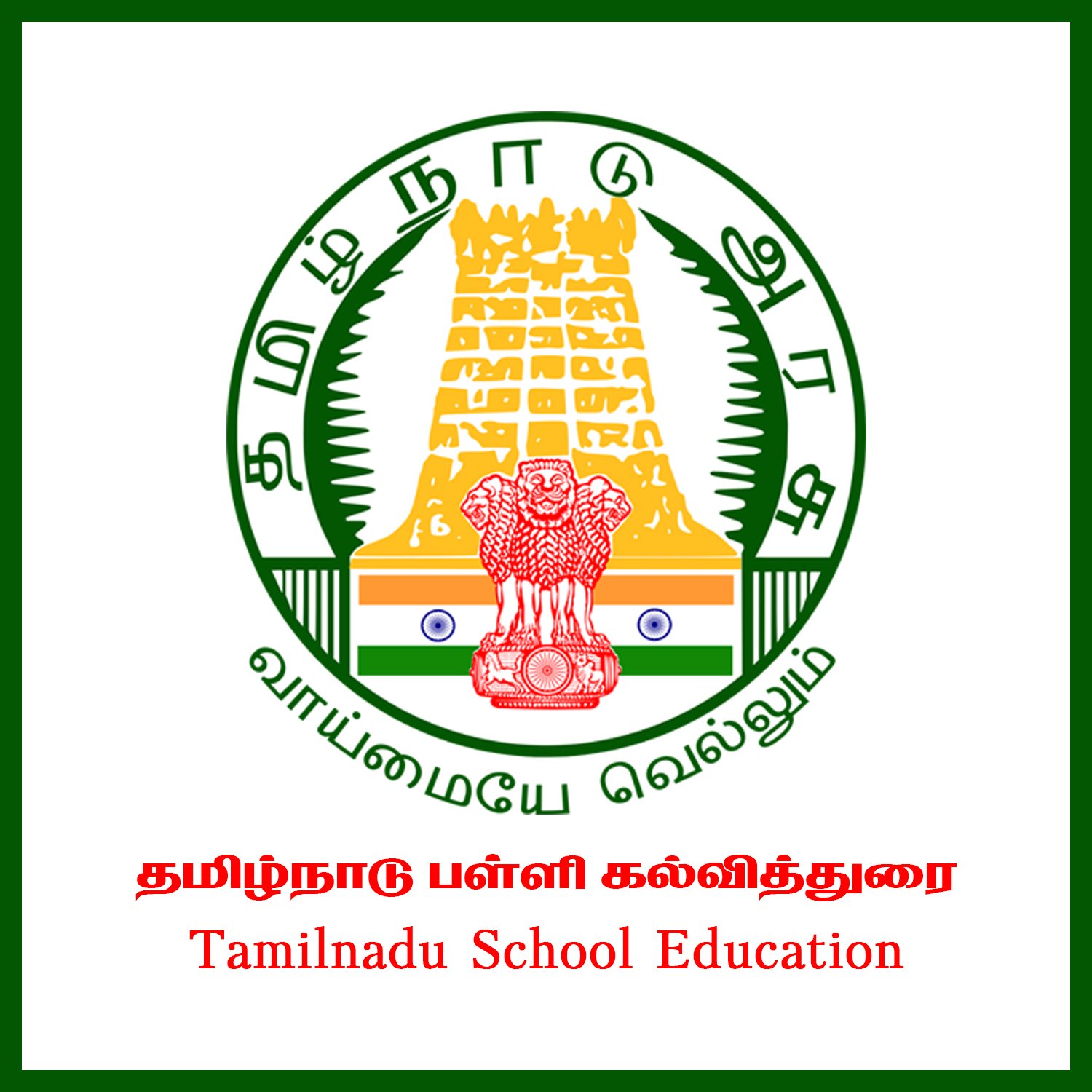

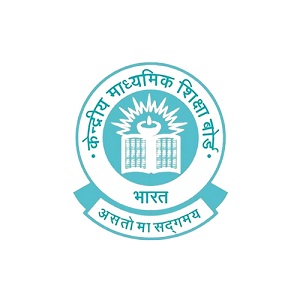
 10th Standard Social Science Syllabus
10th Standard Social Science Syllabus  10th Standard Social Science Study Materials
10th Standard Social Science Study Materials

Reviews & Comments about 10th Standard Social Science Important Question All Chapters-I- 2020
Write your Comment